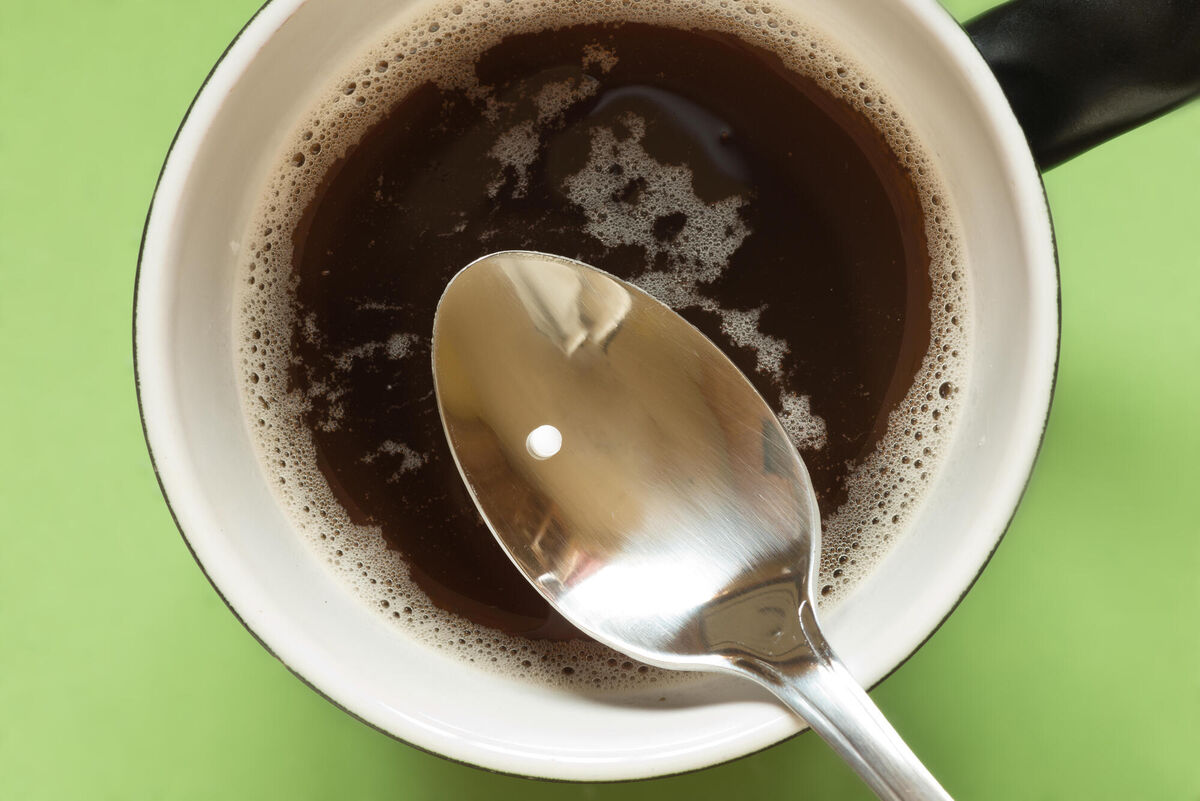Sugar free? Sweeteners may not be as ‘inert’ as we thought

Dr Catherine Conlon says new findings highlight he need to look more critically at how we replace sugar in our diets.
We need to cut down on sugar, but artificial substitutes may not be as effective as you think, writes DR CATHERINE CONLON
In recent weeks in a supermarket, I observed two boys landing a six pack of zero sugar cola into a trolley already laden with oven chips, crisps, and snack bars.

Now, a new study suggests that consuming artificial sweeteners is not so sweet for brain health, either.
- Dr Catherine Conlon is a public health doctor in Cork and a former director of human health and nutrition, safefood.







 App?
App?


